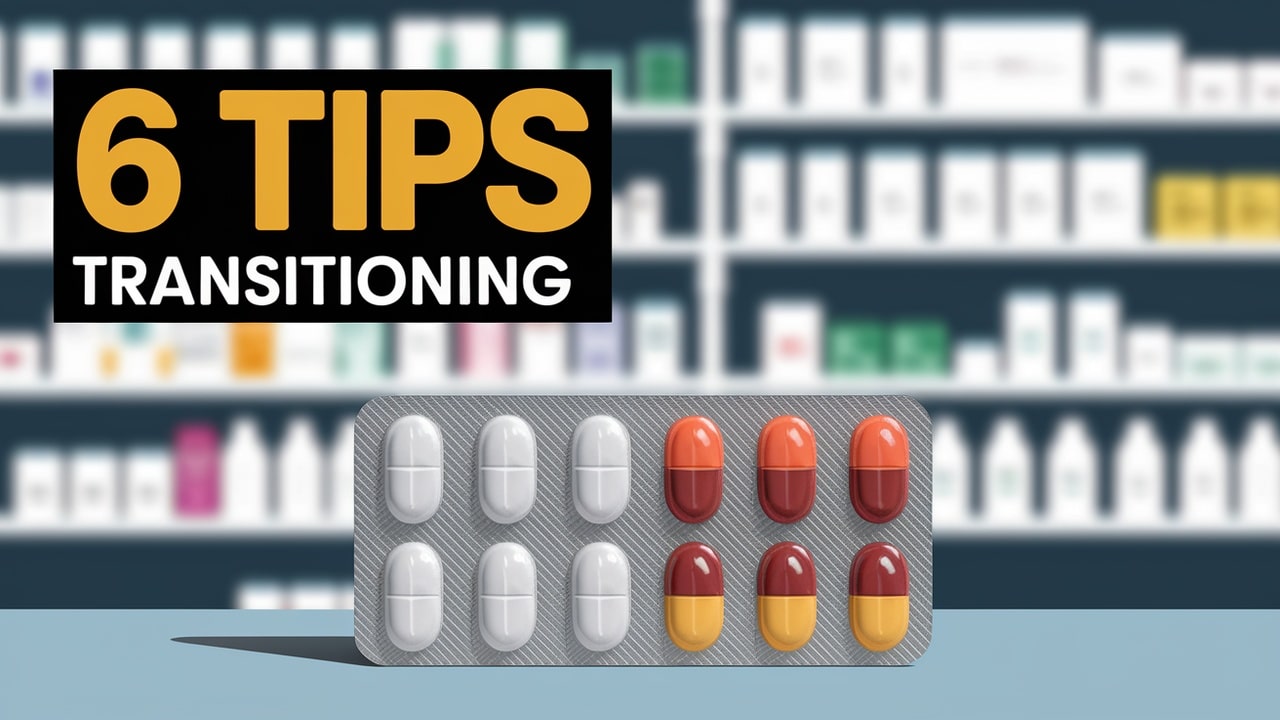
Helping Humanity: How You Can Contribute to the Health Sector
The health sector plays a critical role in society. It maintains and improves the physical and mental well-being of individuals and communities. Without access to adequate healthcare, people suffer needlessly from preventable illnesses, chronic diseases, and injuries. The health sector encompasses many professionals and organizations, from doctors and nurses to researchers and public health officials. The COVID-19 pandemic has highlighted the importance of a robust and resilient health sector that can respond to crises. Equitable access is crucial, and it is more important than ever for individuals to contribute to the health sector and support efforts to improve health outcomes for everyone.
Table of Contents
- Here Are 6 Ways to Contribute to the Health Sector
- Donating Money: Supporting Health Causes with Financial Contributions.
- Volunteering Time: Hands-On Help for Health
- Donating Blood: The Importance of Regular Blood Donations
- Organ Donation: Making a Life-Saving Gift after Death
- Spreading Awareness: Advocacy and Education for Health Causes
- Supporting Research: Advancing Medical Knowledge and Treatments
- Conclusion
Here Are 6 Ways to Contribute to the Health Sector
Donating Money: Supporting Health Causes with Financial Contributions.
Donating money is a simple and effective way to support health causes and make a difference in people’s lives. Financial contributions can fund medical research, purchase life-saving equipment, provide health services to underserved communities, and much more. Many organizations and charities accept donations, such as the World Health Organization, Doctors Without Borders, and local hospitals and clinics. It’s essential to do your research and choose reputable organizations that align with your values and goals. Even small donations can significantly impact, and recurring donations can provide sustained support for ongoing health initiatives. Donating money to health causes can help improve health outcomes and contribute to a healthier future.
Volunteering Time: Hands-On Help for Health
Volunteering your time is another way to contribute to the health sector and positively affects people’s lives. Health organizations often rely on volunteers. A Masters in healthcare can also prepare you to become a valuable volunteer in various settings. The qualified and trained volunteers can provide hands-on assistance, whether helping out at a hospital or clinic, supporting patients and their families, or participating in community health initiatives.
Volunteering can also provide valuable experience and insights into the field for those interested in pursuing a career in healthcare. Additionally, volunteering in healthcare can be a great way to network and connect with professionals in the industry. If you’re interested in volunteering in healthcare, consider exploring opportunities in your local community or contacting organizations that align with your interests and skills.
Donating Blood: The Importance of Regular Blood Donations
Donating blood is critical to supporting the health sector and helping save lives. Blood transfusions are needed for several reasons, including surgeries, injuries, and medical conditions such as cancer and sickle cell anemia. Regular blood donations are significant, as blood has a limited shelf life and constant demand. One blood donation can potentially save up to three lives. Donating blood is a simple and safe process, and the need for blood donors is ongoing. If you want to donate blood, check with your local blood bank or Red Cross to find a nearby donation center.
Organ Donation: Making a Life-Saving Gift after Death
Organ donation is a selfless act that can make a life-saving difference for needy people. After death, donated organs can be transplanted to patients with organ failure or disease, giving them a second chance at life. Organs that can be donated include the heart, liver, lungs, kidneys, intestines, and pancreas. Also, tissue and bone can be donated to help people with injuries, burns, and other medical conditions. Becoming an organ donor is a personal decision. Still, discussing your wishes with your family and loved ones is important to ensure they are respected after your death. Donating your organs can leave a lasting legacy of kindness and generosity.
Spreading Awareness: Advocacy and Education for Health Causes
Awareness about health causes is crucial to supporting the health sector and promoting positive change. Advocacy and education can help raise awareness about important health issues, reduce stigma and discrimination, and influence public policy and funding decisions. There are many ways to get involved in health advocacy and education, from sharing information on social media to attending public meetings and events. You can also support health organizations and charities that advocate for the sector.
Supporting Research: Advancing Medical Knowledge and Treatments
Supporting research is another way to contribute to the health sector and drive medical knowledge and treatment innovation. Medical research helps to identify new treatments and therapies, improve existing treatments, and understand the root causes of diseases and health conditions. By supporting medical research, you can help to advance scientific knowledge and make a difference in the lives of people affected by various illnesses and conditions. There are many ways to support medical research, such as donating to research organizations, participating in clinical trials, and advocating for increased funding for research initiatives. Even small contributions can significantly affect advancing medical knowledge and improving health outcomes.
Conclusion
There are many ways to contribute to the health sector and positively affect people’s lives. From donating money to volunteering time and advocating for health causes, each of us has the power to make a difference in the world of healthcare. Whether you donate blood, become an organ donor, or support medical research, every action counts and can help improve health outcomes and promote well-being for individuals and communities. We can create a healthier, happier, and more equitable future for all by working together and taking action toward common goals.






